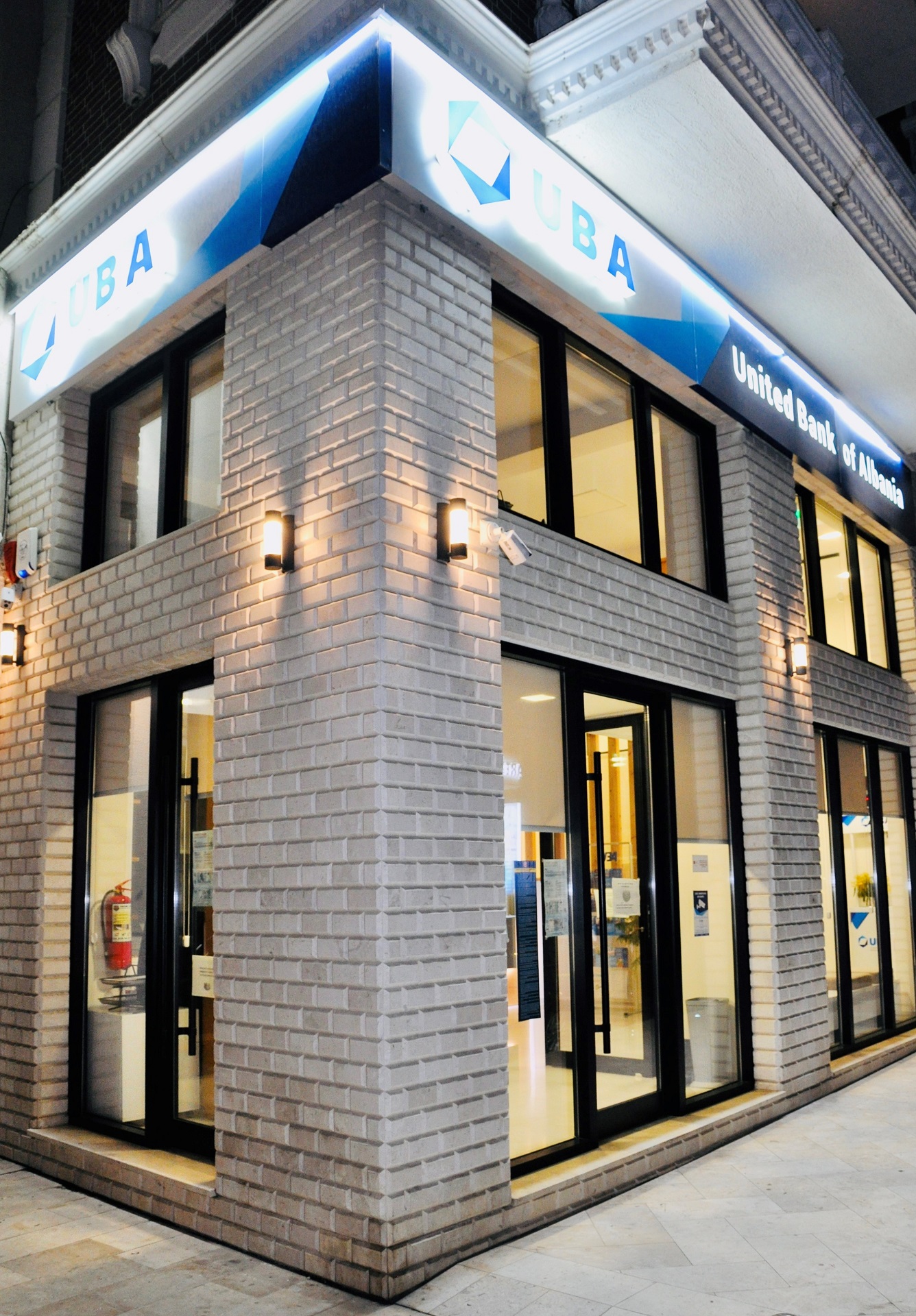Who we are
Who we are
The United Bank of Albania offers a unique experience to customers, helping in creating deposits and savings for the families’ future, in the purchase of housing as well as in the development of businesses.
About Us
We would like to be recognized by the market for the digital experience, ability to promptly accommodate the ever-changing customer needs but primarily we want to be identified as a provider of financial services consistent with our belief system.
The majority shareholder of the United Bank of Albania is Eurosig Sh.a. with 99.16% of shares.
Eurosig Sh.A., is a reputable insurance operator covering Albania with 25 branches and over 230 agencies. Its operations are regulated by the Law on the Activity Insurance, Re-Insurance and Intermediary in Insurance and Re-Insurance, amended, and other legal and normative acts, and under the supervision of the Albanian Financial Supervisory Authority (AFSA).
United Bank of Albania is registered as a juridical person with the Decision No. 4315 date 13.05.1993 of Tirana District Court. Licensed by the Bank of Albania with the License No. 03 date 11.01.1999 “To operate as a bank in the Republic of Albania”.

Leadership
United Bank of Albania (UBA Bank) is managed by its Governing Council and the General Directorate located in the headquarters in Tirana, Albania.




